UK workers are warming to generative AI – in the US, not so much
British employees see generative AI as vital, despite most never having used it at work


UK workers are more enthusiastic about generative AI than their US counterparts, according to research from Slack, with Brits seeing a much greater urgency to adopt the technology.
A study from the work communication platform found that six-in-ten UK workers believe there is a high or existential need to incorporate generative AI into their work, compared with just 44% of US workers who feel the same.
As a result, 15% of British workers said it should be implemented in the next 18 months to three years, compared with just 5% of those in the US.
This is a significantly higher proportion than in other countries - 57% in Australia, 55% in Japan, 41% in Germany and just 33% in France.
However, despite their enthusiasm, only 19% of UK employees said they have actually used AI tools at work, the lowest of any country surveyed, alongside the US.
RELATED RESOURCE

If you're looking to secure your hybrid workforce, watch this on-demand webinar on how to reduce manually intensive IT connectivity tasks and improve UX.
This, the study suggested, indicates that many workers haven’t yet overcome concerns about accuracy and trust.
Deirdre Byrne, head of UK and Ireland at Slack, said the research underscores the sense of urgency among UK workers to embrace generative AI tools and unlock productivity benefits.
Sign up today and you will receive a free copy of our Future Focus 2025 report - the leading guidance on AI, cybersecurity and other IT challenges as per 700+ senior executives
However, Byrne warned that confidence could prove troublesome for some organizations seeking to adopt the technology.
"Companies can only adopt it when they have full confidence that the data they are basing decisions upon or the information they are serving customers is fully accurate,” she said. “Until they have trust in AI solutions, this tension - and the gap between desire and action - will remain."
Conflicting reports on generative AI productivity benefits
A key talking point in Slack’s study centered around the fact that UK workers are less likely to report productivity boosts from generative AI tools compared to international counterparts.
68% said they’ve experienced productivity improvements, compared with 72% in the US and 76% in Australia.
German workers were the most likely to say that AI is improving their daily productivity, with 81% of workers hailing the technology.
The slower uptake of generative AI tools among UK workers shows that fewer are actually able to experience the benefits of the technology, Slack noted.
Staff wellbeing and productivity
The study also looked at how workers are spending their time, and found that UK workers who log off at the end of the work day register 10% higher productivity scores than those who feel obliged to work after hours.
Three-quarters of UK workers and 68% of US workers report working between 3pm and 6pm - but only a quarter in the UK and 30% in the US consider these hours highly productive, suggesting the afternoon slump is real.
Almost half of both UK and US workers say they rarely or never take breaks.
And more than two hours a day is the tipping point at which a majority of UK and US workers say they’re spending too much time in meetings.
Byrne said the integration of generative AI tools to improve productivity could play a key role in beating the ‘slump’ affecting workers on both sides of the Atlantic.
"Once the trust threshold is reached, it’s not just an AI revolution that we will live through, but a productivity revolution as well. The research shows that productivity is clearly linked to wellbeing," she said.
"By integrating AI and automation into day-to-day work, companies can free employees from labor-intensive low-value tasks like researching information or note taking, and empower them to take more regular breaks and log off on time.
“It’s the companies that use AI smartly to augment employees are the ones that will get ahead in 2024."
Emma Woollacott is a freelance journalist writing for publications including the BBC, Private Eye, Forbes, Raconteur and specialist technology titles.
-
 The modern workplace: Standardizing collaboration for the enterprise IT leader
The modern workplace: Standardizing collaboration for the enterprise IT leaderHow Barco ClickShare Hub is redefining the meeting room
-
 Interim CISA chief uploaded sensitive documents to a public version of ChatGPT
Interim CISA chief uploaded sensitive documents to a public version of ChatGPTNews The incident at CISA raises yet more concerns about the rise of ‘shadow AI’ and data protection risks
-
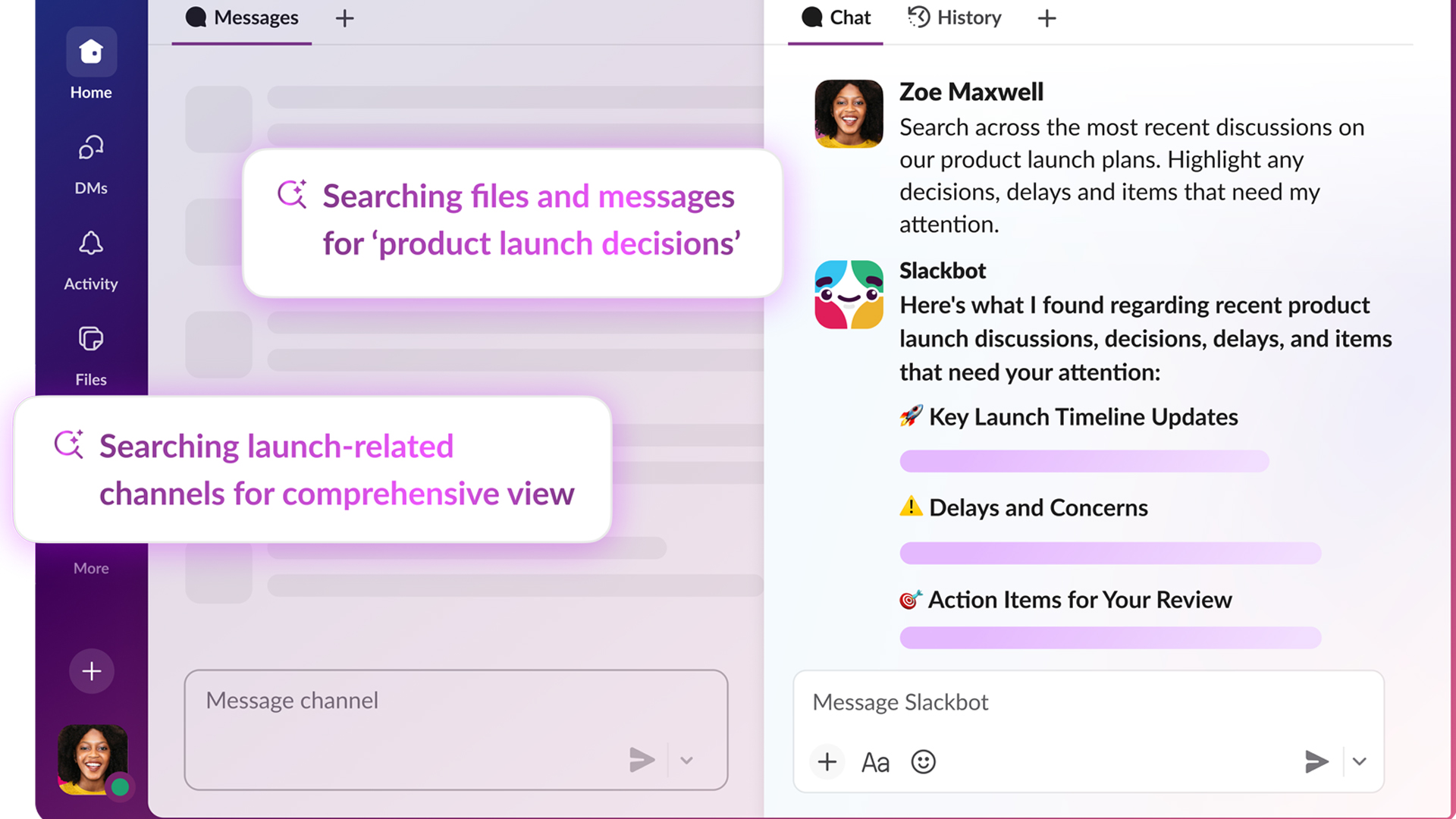 The AI-enabled Slackbot is now generally available – Salesforce says it could save more than a day’s work per week
The AI-enabled Slackbot is now generally available – Salesforce says it could save more than a day’s work per weekNews With an entirely overhauled model behind the chatbot, users can summarize channels and ask for highly personalized information
-
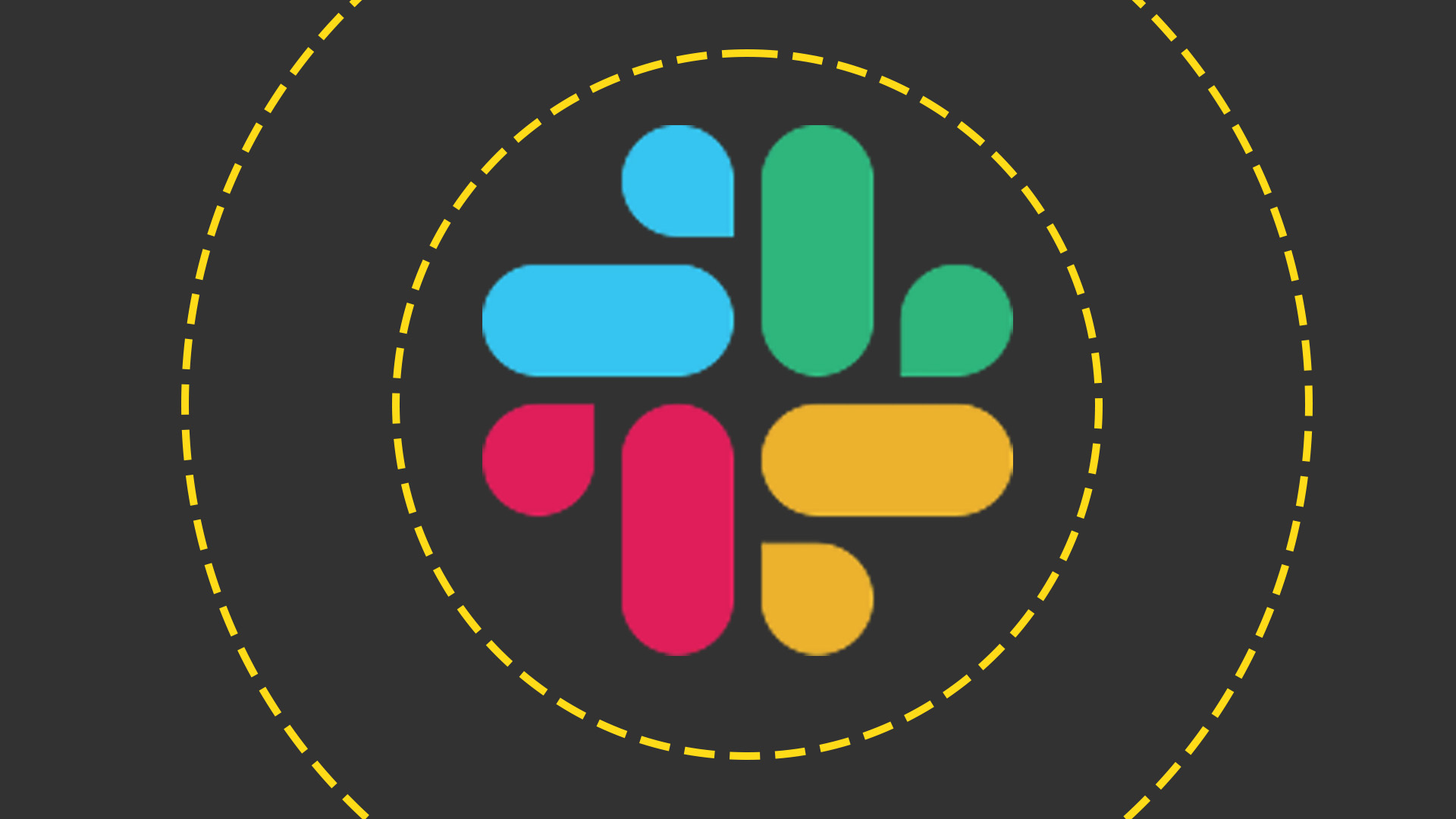 Get used to working with AI teammates in Slack
Get used to working with AI teammates in SlackNews The workplace collaboration app is all-in on AI agents
-
 Nearly half of workers think using AI makes them look lazy and incompetent
Nearly half of workers think using AI makes them look lazy and incompetentNews AI adoption is slowing among desk workers, driven by uncertainty around its permissibility in the workplace
-
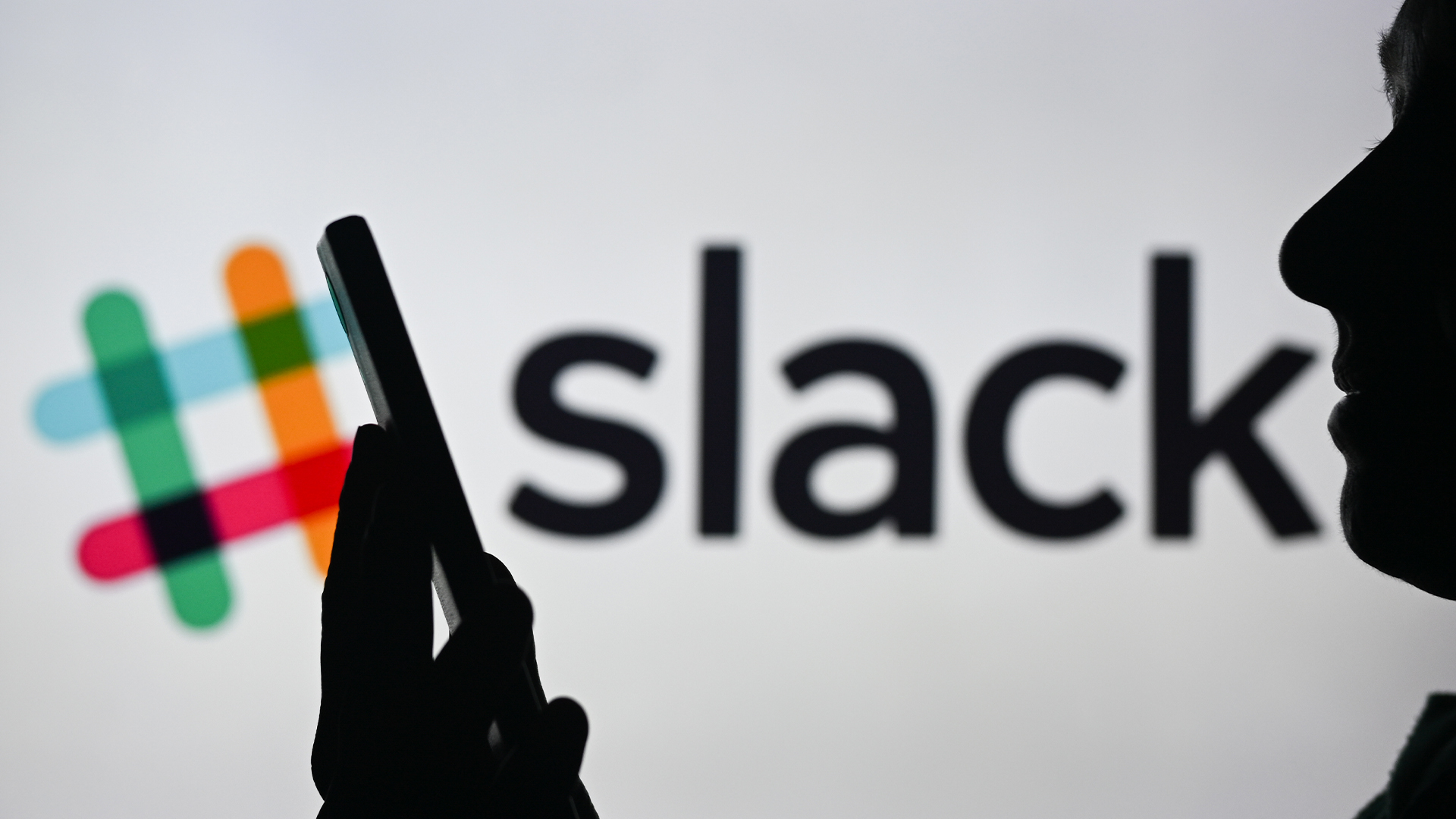 “We've had a lot of education over the last few weeks”: Slack has learned its lesson after AI training policy fiasco
“We've had a lot of education over the last few weeks”: Slack has learned its lesson after AI training policy fiascoNews Slack has been hard at work engaging with customers to clarify its AI training practices following concerns user info was used to train its models
-
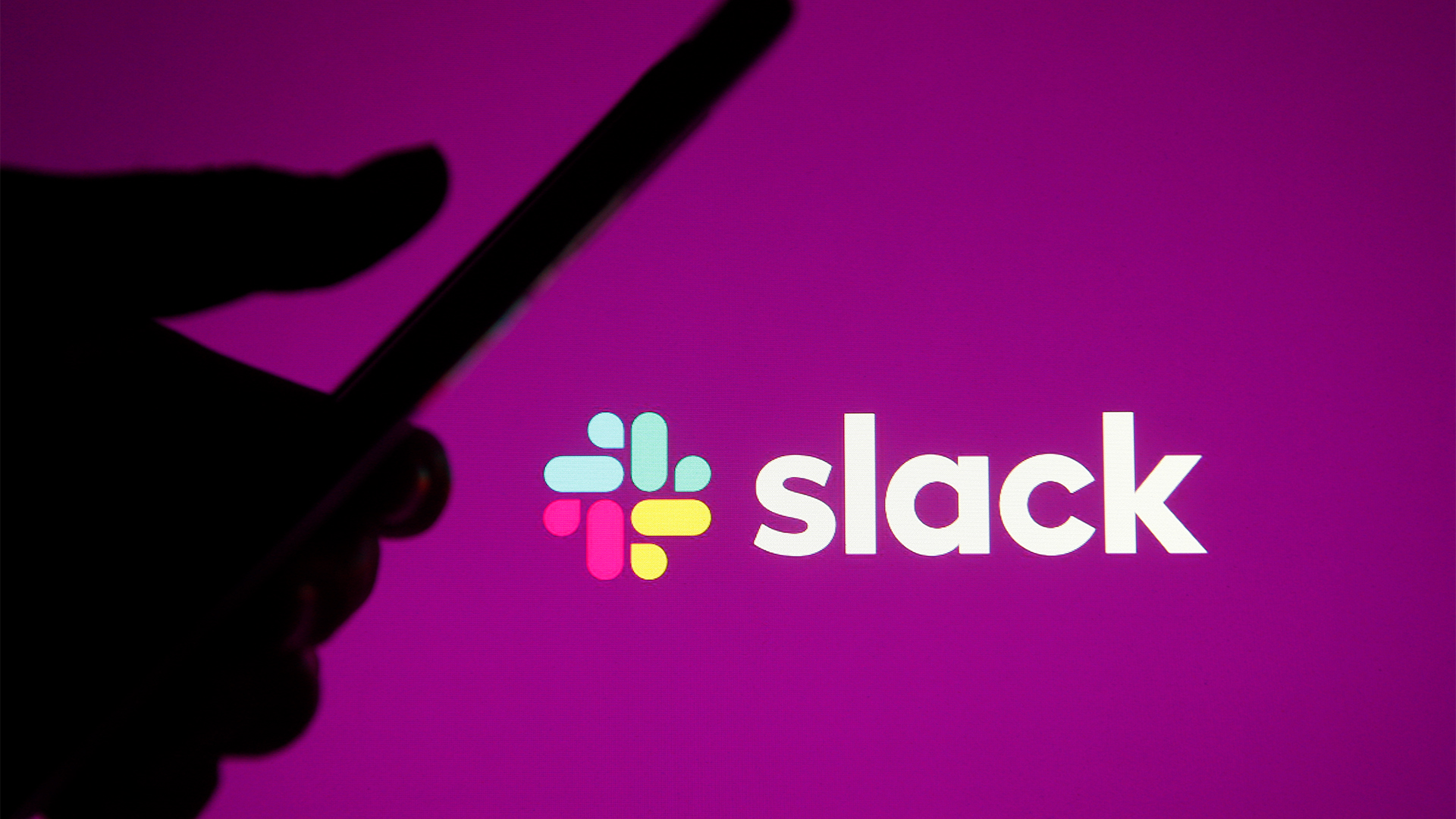 Slack refutes claims that customer data is used to train AI models
Slack refutes claims that customer data is used to train AI modelsNews Slack said its ML models are trained on de-identified, aggregate data and that its models do not access message content
-
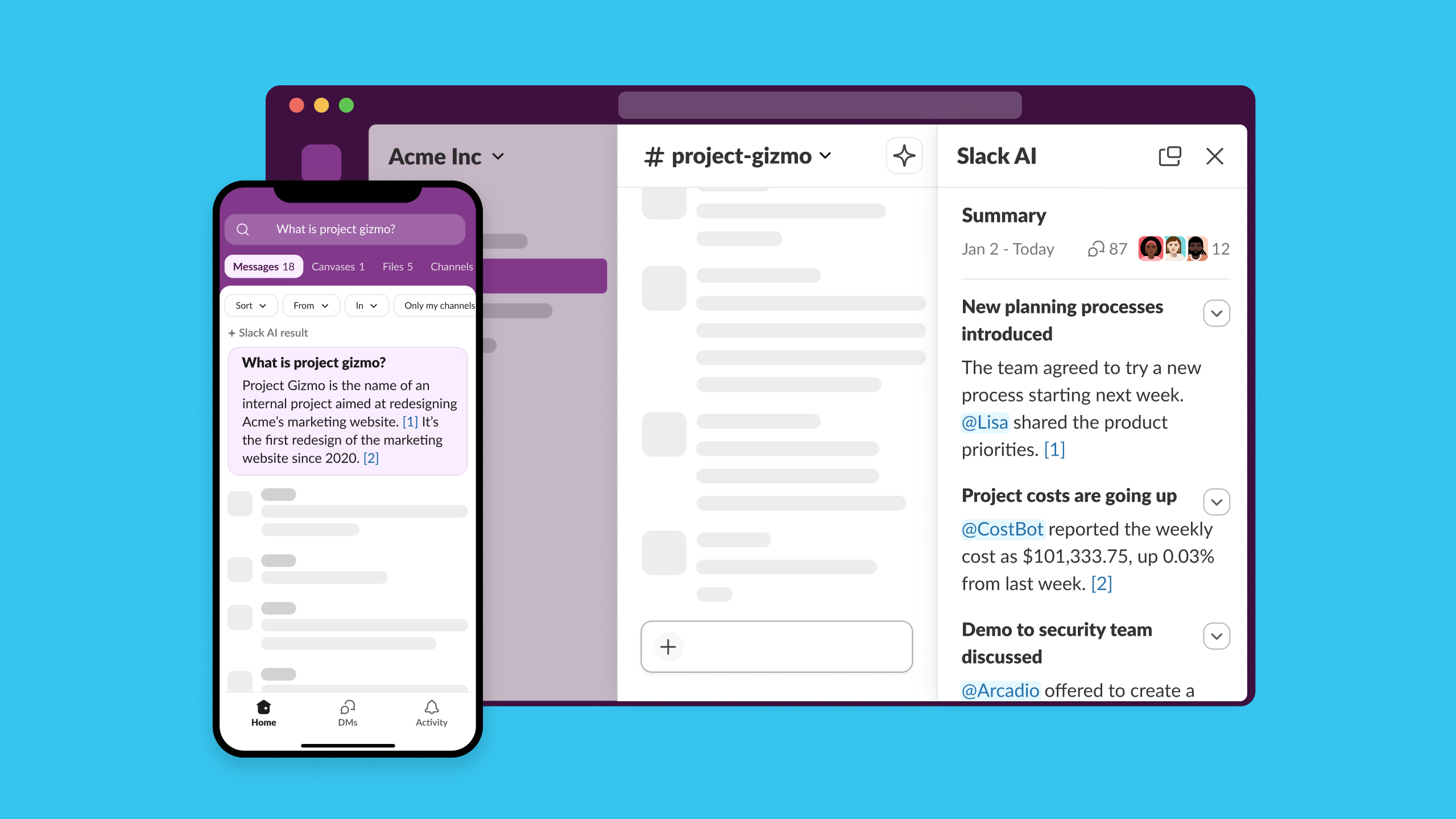 Slack AI: Everything you need to know about the platform's new features
Slack AI: Everything you need to know about the platform's new featuresNews New Slack AI features look to supercharge user productivity and collaboration as the firm targets intense competition with industry competitors
-
 Generative AI’s ‘fear factor’ is dissipating as firms and employees alike acknowledge benefits
Generative AI’s ‘fear factor’ is dissipating as firms and employees alike acknowledge benefitsNews While lingering concerns over data privacy and ‘hallucinations’ persist, workers are warming to generative AI, Slack and Salesforce execs say
-
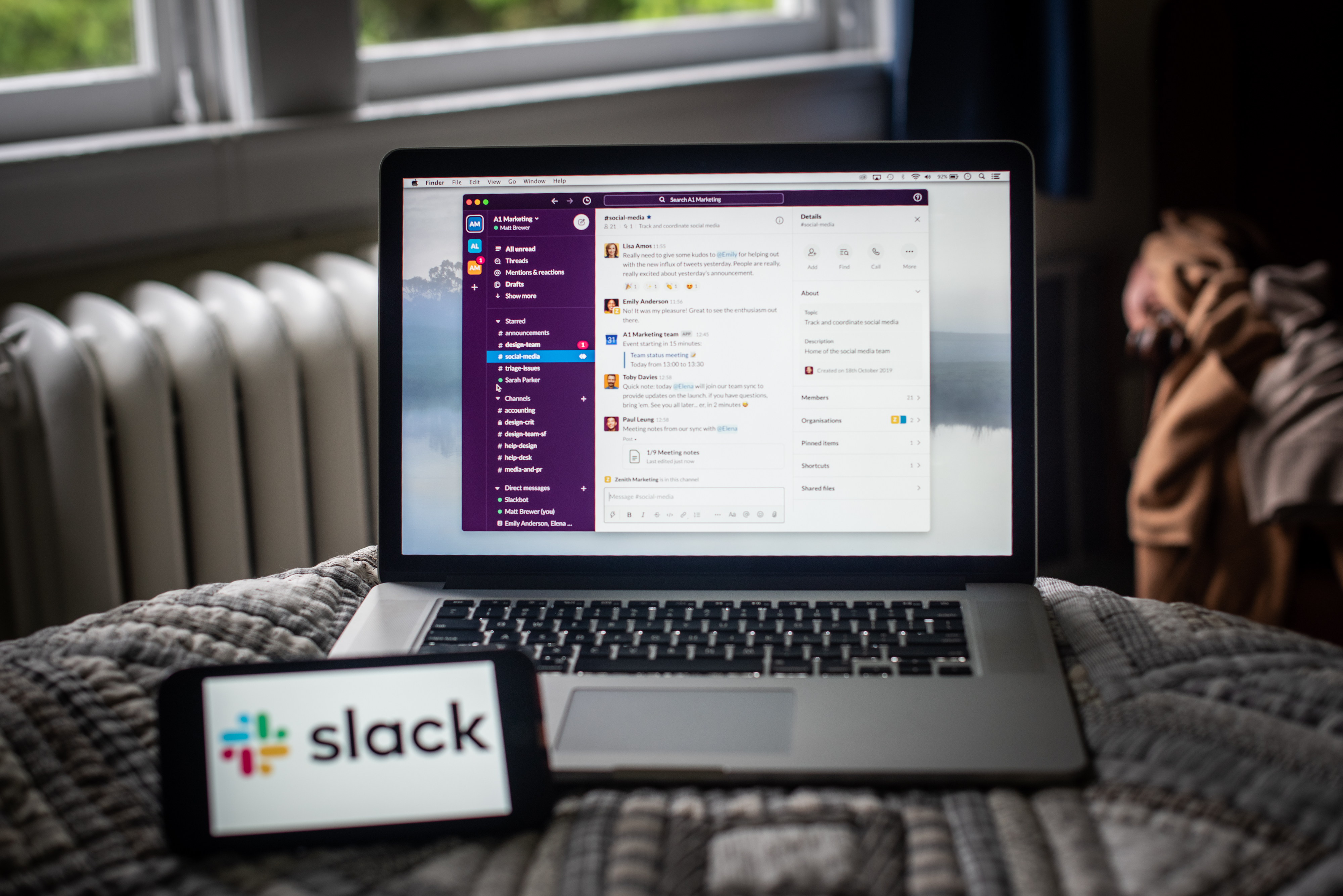 What you need to know about Slack’s new AI collaboration features
What you need to know about Slack’s new AI collaboration featuresNews New automation features and AI-powered tools positions Slack as a powerful collaboration platform
